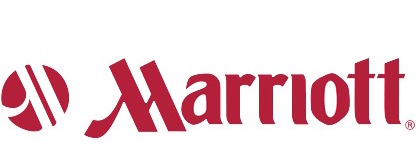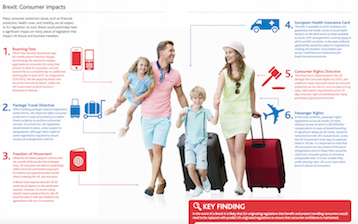Bournemouth University has received recognition for the number of graduates in work or further study after graduating, rising in 2016.
According to latest statistics from the Destination of Leavers from Higher Education (DLHE) survey, 93.6% of Bournemouth University students are in work or further study six months after graduating from University.
This is up on the year before – this is the third straight year that BU’s employability statistic has risen, showing that the University is continuing to prepare students for the world of work and enhancing their career prospects.
Professor John Vinney, Vice-Chancellor of Bournemouth University, said, “Bournemouth University has always had a strong reputation for graduate employability, and this latest data highlights that our Fusion of research, professional practice and education has a strong bearing on the career prospects of our graduates. We are delighted that the employment rate is consistently high, and continues to rise. From offering work placements to all students on undergraduate courses, to the high proportion of our courses that are professionally accredited, and our focus on linking education with the latest research, I am proud to lead a University that takes the employability of its graduates so seriously, and I am proud of our excellent graduates who go on to make a real difference in their chosen careers.”
This latest news follows a number of other accolades collected by the University in 2016, including being named as one of the Top 200 most international universities in the world and one of the Top 150 Universities under 50 years of age in the world, both by the Times Higher Education.
Bournemouth University is one of the only universities in the UK to offer a work placement opportunity to every student who studies on an undergraduate course, and a high proportion of students on postgraduate courses are offered a work placement opportunity too.
Professor Vinney continues, “The work placement opportunities that we offer are a vital part of our students’ learning. On a placement, students take the knowledge and skills they have learned and use them in workplace. When graduating from BU, you leave with knowledge, skills and experience, prepared for your professional career, a powerful combination that leaves you ready to succeed in the workplace.”
The University has a focus on creating global talent, and 60 staff and students from the University recently attended the University’s global Festival of Learning events in China and Malaysia as part of their experience of living and working in a truly global environment.
The Destination of Leavers from Higher Education (DLHE) survey is a yearly survey conducted by the Higher Education Statistics Agency (HESA), and is based on undergraduate UK student data.
For more information about the University’s DHLE statistics, visit the HESA website: https://hesa.ac.uk/
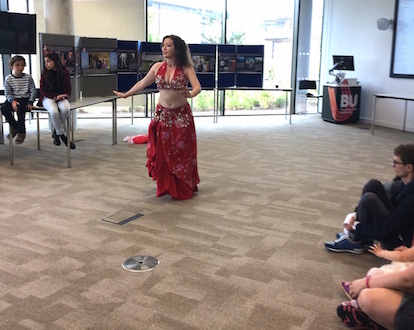
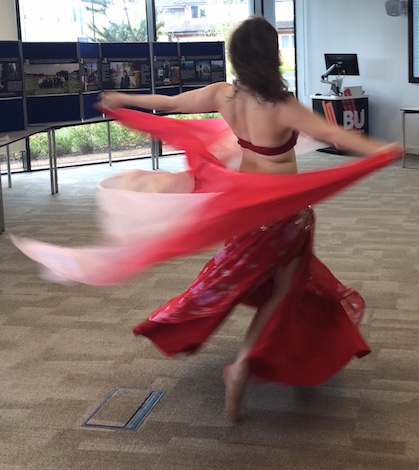
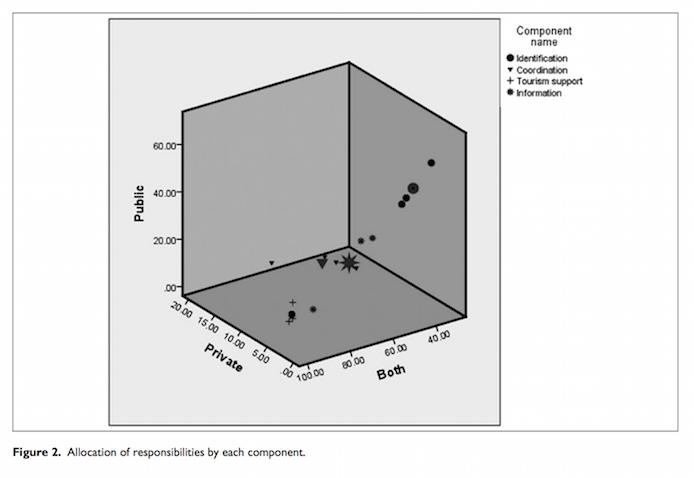
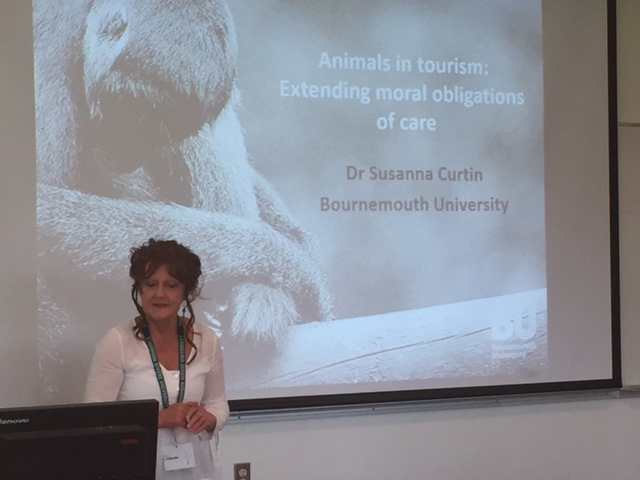
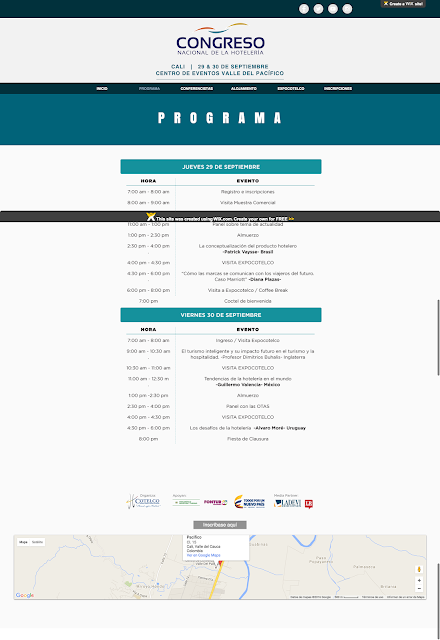

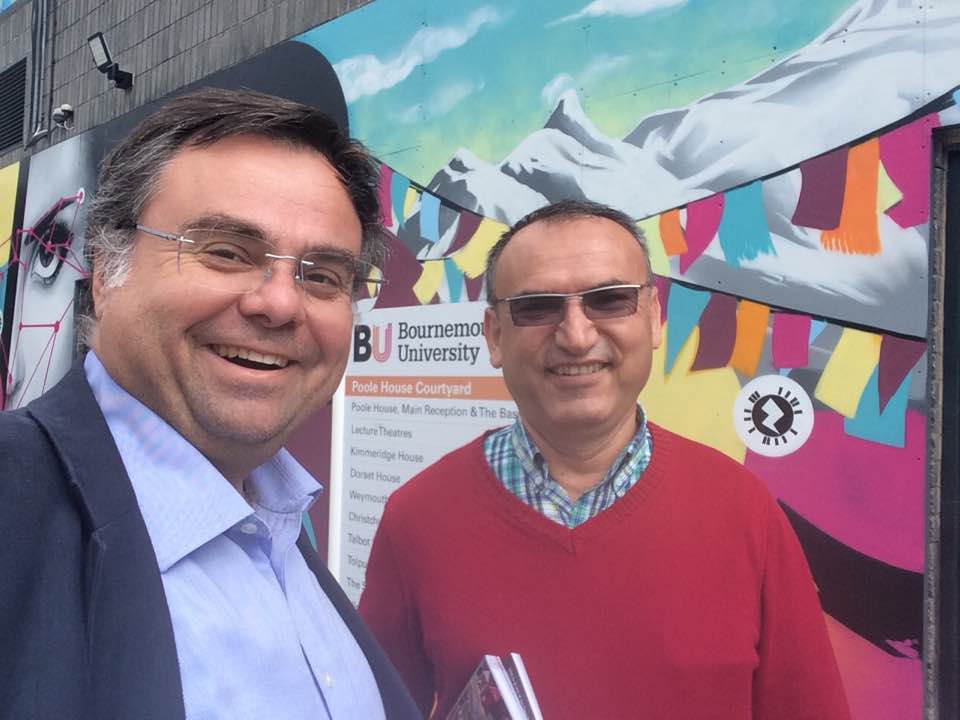
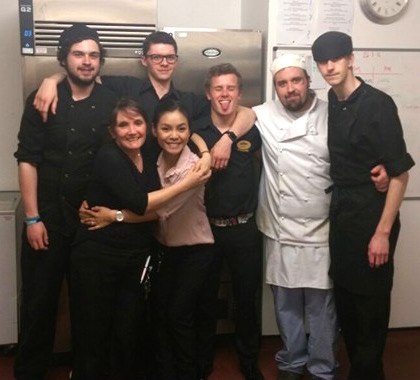

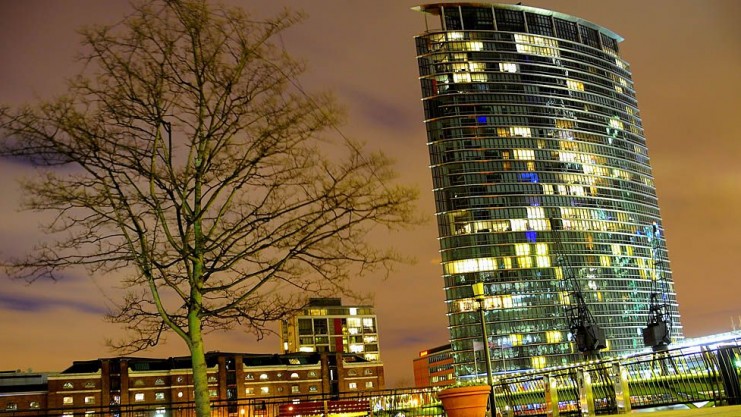 At the moment, I’m working part time in the restaurant but I’m also given the opportunity to cross train in the Sales and Marketing Department, which is the area I really want to work in when I graduate.
At the moment, I’m working part time in the restaurant but I’m also given the opportunity to cross train in the Sales and Marketing Department, which is the area I really want to work in when I graduate. 